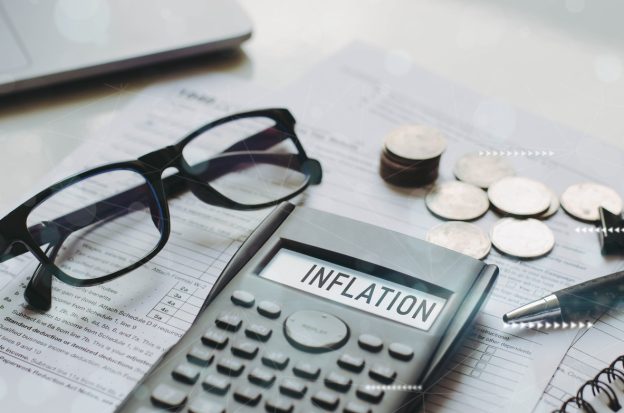
HMRC charges interest on income tax not paid on time and pays interest on any income tax overpayments.
It’s important to understand the potential impact an increase in late payment rates can have if you haven’t paid your tax owed on time.
The interest rates of HMRC are established by law and have a direct connection to the Bank of England’s base rate.
HMRC uses two distinct interest rates: –
- A late payment interest rate which is determined as the base rate plus an additional 2.5%.
- A repayment interest rate decided as the base rate less 1% but it cannot go lower than 0.5% (referred to as the ‘minimum floor’).
The interest rates for both late payment and repayment have more than doubled since February 2022 with the rates changing twelve times from that date.
Late payment interest rates going up so significantly could have a meaningful effect on individuals and businesses who owe HMRC and don’t pay by the deadlines given.
HMRC interest rate for late payment is being set at 7.50%
The new interest rate for late income tax payment is being used by HMRC from the 11 July 2023.
It sees an increase in the interest rate totalling 0.50% from 7% which has been in use since 31 May 2023.
The purpose of the late payment interest rate is to incentivise timely payment and it provides a fair system for those who make their income tax payments promptly.
Interest rate for repayment being paid at 4.00%
Starting 11 July 2023 HMRC will use 4% as the interest rate for repayments of overpaid income tax.
The repayment interest rate exists to provide fair compensation to taxpayers who have overpaid income tax making up for their inability to use their money during that period.
If the Bank of England base rate rises above 1.5% the repayment interest will increase accordingly.
HMRC interest rates for late payment and repayment
The table below illustrates the regular rate rises in line with the Bank of England base rate adjustments.
| Date | Late payment | Repayment |
|---|---|---|
| 11 July 2023 | 7.50 | 4.00 |
| 31 May 2023 | 7.00 | 3.50 |
| 13 April 2023 | 6.75 | 3.25 |
| 21 February 2023 | 6.50 | 3.00 |
| 6 January 2023 | 6.00 | 2.50 |
| 22 November 2022 | 5.50 | 2.00 |
| 11 October 2022 | 4.75 | 1.25 |
| 23 August 2022 | 4.25 | 0.75 |
| 5 July 2022 | 3.75 | 0.50 |
| 24 May 2022 | 3.50 | 0.50 |
| 5 April 2022 | 3.25 | 0.50 |
| 21 February 2022 | 3.00 | 0.50 |
The gap between the interest for late payments and repayments aligns with the strategies of tax authorities globally.
It’s noteworthy that the repayment rate is typically comparable to, if not better than, the interest rates imposed on loans or overdrafts and the interest earned on deposits in the commercial sector.
HMRC time to pay
Should you find yourself unable to settle your tax bill in full its worth knowing that HMRC can provide customised assistance tailored to your specific situation.
Under an HMRC time to pay arrangement the Debt Management (DM) department at HMRC may consent to a payment plan with instalments.
If you owe money from a self assessment tax you can establish a payment plan online and settle the debt in instalments without having to communicate with HMRC under the following conditions:
- The debt does not exceed £30,000.
- You have no other outstanding payments or debts with HMRC.
- Your tax returns are current, and it’s been less than 60 days since the payment deadline.
Normally a time to pay agreement lasts for a year but there’s no default plan or maximum limit to the payment period.
HMRC will assess your financial situation to ensure the plan is manageable by evaluating your income and expenditure, savings, investments, and any other assets or liabilities.
Bear in mind that despite having a payment agreement, interest will continue to accrue on any unpaid tax.







